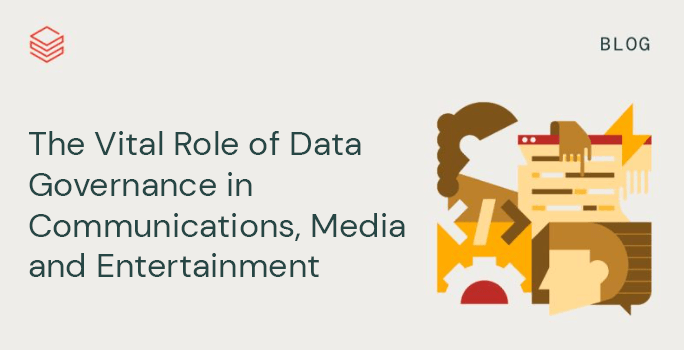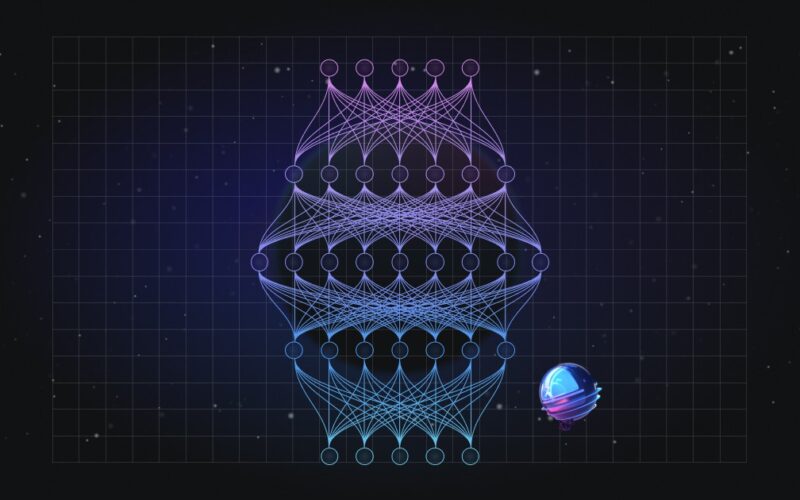27
May
arXiv:2405.15032v1 Announce Type: new Abstract: This technical report introduces Aya 23, a family of multilingual language models. Aya 23 builds on the recent release of the Aya model ("Ust"un et al., 2024), focusing on pairing a highly performant pre-trained model with the recently released Aya collection (Singh et al., 2024). The result is a powerful multilingual large language model serving 23 languages, expanding state-of-art language modeling capabilities to approximately half of the world's population. The Aya model covered 101 languages whereas Aya 23 is an experiment in depth vs breadth, exploring the impact of allocating more capacity to fewer languages…






